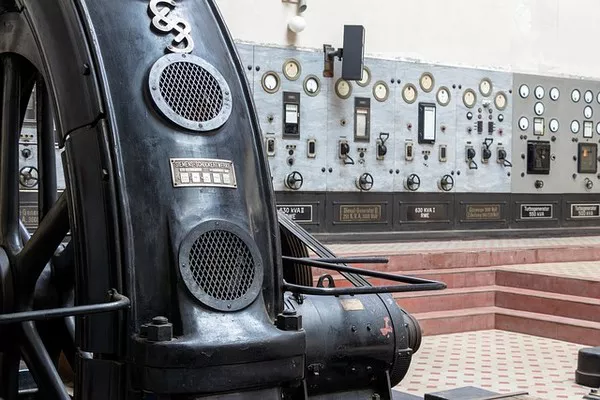In workplaces and homes alike, the presence of live electrical equipment poses a unique fire risk that requires specialized precautions. One critical tool for managing such risks is the proper use of fire extinguishers specifically designed for electrical fires. Understanding the importance of these extinguishers, their types, and correct application can significantly enhance safety and minimize potential damage. This article explores these aspects in detail, providing essential insights into why and how fire extinguishers should be used on live electrical equipment.
Understanding Electrical Fires
Electrical fires differ from other types of fires due to their ignition source and behavior. They are caused by the overheating of electrical appliances, faulty wiring, short circuits, or overloaded circuits. What makes electrical fires particularly hazardous is that water and traditional fire extinguishers can exacerbate the situation by conducting electricity or failing to extinguish the fire effectively.
The Role of Electrical Fire Extinguishers
Electrical fire extinguishers are specifically designed to combat fires involving live electrical equipment safely. They contain non-conductive extinguishing agents that do not conduct electricity, allowing them to be used directly on energized electrical equipment without risking the safety of the operator. Using the wrong type of fire extinguisher on an electrical fire can lead to electric shock or the spread of the fire.
Types of Electrical Fire Extinguishers
Class C Fire Extinguishers: Class C extinguishers are designed for electrical fires and use non-conductive extinguishing agents like dry chemical powder or carbon dioxide (CO2). These agents smother the fire without conducting electricity back to the operator.
Dry Chemical Powder Extinguishers: These extinguishers are effective for electrical fires and work by interrupting the chemical reaction of the fire. The powder is non-conductive and safe for use on live electrical equipment.
Carbon Dioxide (CO2) Extinguishers: CO2 extinguishers work by displacing oxygen, effectively smothering the fire. They are particularly useful for electrical fires as they do not leave residue and are non-conductive.
Choosing the Right Extinguisher
When selecting an extinguisher for electrical fires, it’s crucial to consider the type and size of the fire. For small electrical fires, a portable Class C extinguisher with a rating suitable for the expected size of the fire is recommended. For larger fires involving electrical equipment, it’s advisable to have a CO2 extinguisher or a larger Class C unit readily available.
Using Fire Extinguishers Safely
Proper training in the use of fire extinguishers is essential for safe operation. Individuals should follow these guidelines:
Evaluate the Situation: Assess the size and nature of the fire. Ensure it is safe to use an extinguisher and that the correct type is available.
Activate the Extinguisher: Pull the pin, aim the nozzle at the base of the fire, squeeze the handle, and sweep the nozzle from side to side.
Maintain Distance: Stand at a safe distance from the fire and use the extinguisher’s recommended range for effective firefighting.
Evacuate if Necessary: If the fire grows or becomes uncontrollable, evacuate the area immediately and alert emergency services.
Safety Precautions
When dealing with electrical fires, safety should always be the priority. Observing the following precautions can help prevent accidents:
De-energize Equipment: If safe to do so, turn off the power source before attempting to extinguish an electrical fire.
Use Non-Conductive Tools: Avoid using metal tools near live electrical equipment to prevent electric shock.
Regular Maintenance: Conduct regular inspections and maintenance of electrical equipment to prevent potential fire hazards.
Conclusion
In conclusion, using fire extinguishers on live electrical equipment requires specialized knowledge and tools. Electrical fires are unique in their behavior and pose specific risks that necessitate the use of non-conductive extinguishing agents. By understanding the importance of electrical fire extinguishers, knowing the types available, and following proper safety procedures, individuals can effectively mitigate risks and enhance overall safety in both residential and workplace settings. Remember, when it comes to electrical fires, safety and preparedness are key to preventing accidents and minimizing damage.

